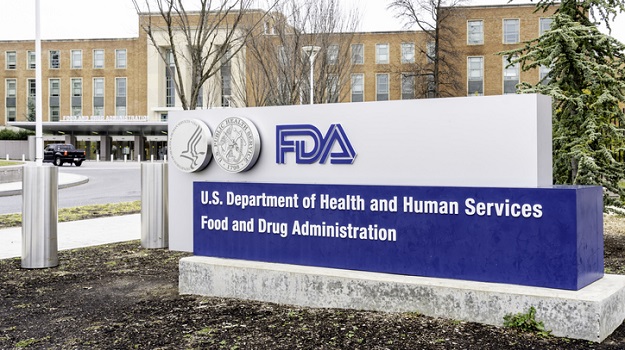FDA to Decide on Daiichi Sankyo’s Quizartinib for AML
July 18, 2023
Source: drugdu
 348
348

Following a three-month delay to provide more time for review, the FDA is scheduled on July 24 to decide on Daiichi Sankyo’s proposal to administer quizartinib in combination with standard chemotherapy to treat patients with acute myeloid leukemia (AML).
The FDA first accepted Daiichi Sankyo’s NDA in October 2022 and granted it Priority Review, which is meant to accelerate the regulator’s decision. However, in April 2023, the FDA pushed the action date back by three months to accommodate updates to the proposed Risk Evaluation and Mitigation Strategies for quizartinib.
Daiichi Sankyo is backing its NDA with data from the Phase III QuANTUM-First trial, which demonstrated that quizartinib can cut the risk of death by 22.4% in AML patients compared to chemotherapy alone. This advantage persisted until 40 months of follow-up, at which point the quizartinib arm had more than double the median overall survival of placebo comparators.
Quizartinib also had a “generally manageable” toxicity profile and led to no new concerning safety signals, according to a June 2022 press release. Still, 11.3% of quizartinib-treated patients died from treatment-emergent adverse events, most of which were infections. This was compared to 9.7% of patients receiving chemotherapy alone.
Quizartinib is a small molecule drug designed to be orally administered. It targets the tyrosine kinase receptor FLT3, which is commonly found on hematopoietic stem cells. Specifically, quizartinib targets FLT3 bearing the ITD mutation, which in AML is linked to worse survival and higher rates of relapse.
The FDA previously rejected an application for quizartinib as a monotherapy in patients with relapsed/refractory AML with FLT3-ITD mutations.
Source: bioSpace.com
By editorRead more on
- The first subject has been dosed in the Phase I clinical trial of Yuandong Bio’s EP-0210 monoclonal antibody injection. February 10, 2026
- Clinical trial of recombinant herpes zoster ZFA01 adjuvant vaccine (CHO cells) approved February 10, 2026
- Heyu Pharmaceuticals’ FGFR4 inhibitor ipagoglottinib has received Fast Track designation from the FDA for the treatment of advanced HCC patients with FGF19 overexpression who have been treated with ICIs and mTKIs. February 10, 2026
- Sanofi’s “Rilzabrutinib” has been recognized as a Breakthrough Therapy in the United States and an Orphan Drug in Japan, and has applied for marketing approval in China. February 10, 2026
- Domestically developed blockbuster ADC approved for new indication February 10, 2026
your submission has already been received.
OK
Subscribe
Please enter a valid Email address!
Submit
The most relevant industry news & insight will be sent to you every two weeks.



